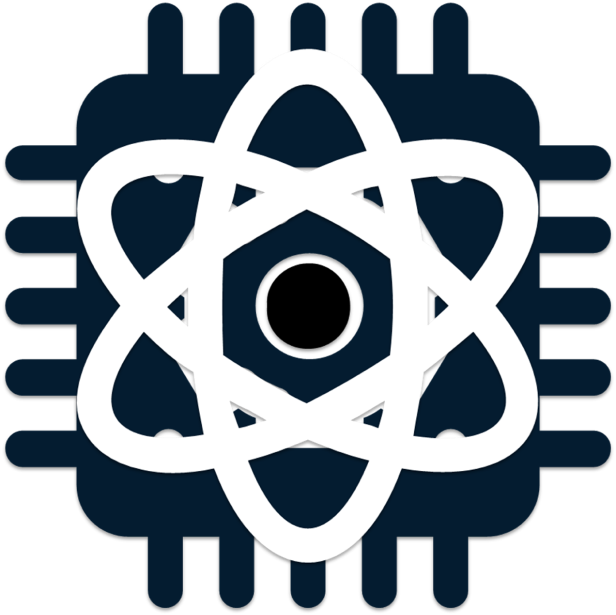-
Address
209, Veritas A Hall, Yonsei Univeristy, 85 Songdogwahak-ro, Yeonsu-gu, Incheon 21983, Republic of Korea -
Phone
032-212-9550 -
FAX
032-212-9572 -
E-mail
support@bmdrc.org
Quantum Computing
Quantum Computing
HOME > Research Fields > Quantum Computing
Integrated Solutions with
Quantum Computing
- Quantum Computational Chemistry
- Quantum Machine Learning

Quantum Computational
Chemistry for Drug Discovery
Quantum Chemistry Simulation in
Quantum Computing
- Accurate energy calculation between target protein and ligand molecules is crucial in drug discovery.
- Quantum mechanical analysis enables accurate energy calculations, but it costs too much computational resources with classical computers.
- Fragment Molecular Orbital (FMO) method is frequently used to investigate the interaction at binding sites at quantum mechanical level in classical computers.
- Our research focuses on enabling quantum mechanical simulations on NISQ devices (Noisy Intermediate-Scale Quantum era) via fragmentation methods.
- We believe FMO in quantum computer will accelerate drug discovery by making quantum mechanical energy calculation for larger biological systems such as DNA, RNA and proteins a common practice.

Quantum Machine Learning
for Drug Discovery
Machine Learning on Quantum Computer
- Drug molecules must be have multiple desired properties in not only target specificity, but also synthetic accessibility, metabolic stability, and physiological properties.
- De novo drug design has been used to computationally generate novel chemical entities through generative machine learning models
- Quantum machine learning has advantages to handle and process large amounts of data in a short amount of time and to find solutions in high-dimensional spaces, which classical algorithms struggle to operate effectively.
- We believe this allows quantum machine learning to search the entire chemical space, leading to the discovery of novel and optimized molecular structures that are not accessible by traditional methods.

Quantum Computational
Assembly for Drug Discovery
Genome Assembly in Quantum Computing
- Genome assembly is the process of constructing a complete and contiguous sequences of an organisms' DNA from shorter DNA sequences produced by next generation sequencing technologies.
- Traditional genome assembly algorithms are based on computational techniques such as de Bruijn graphs and overlap-layout-consensus (OLC), which can be slow and limited by the available computing resources.
- Quantum computational algorithms has the potential to solve genome assembly problem faster and more accurate by using quantum parallelism and quantum interference, allowing for them to explore a large solution space and find optimal genome assemblies in less time.
- We believe genome assembly in quantum computing will improve the speed and accuracy of genome assembly, enabling researchers to tackle more complex and larger genome assembly problems in a shorter amount of time.
















